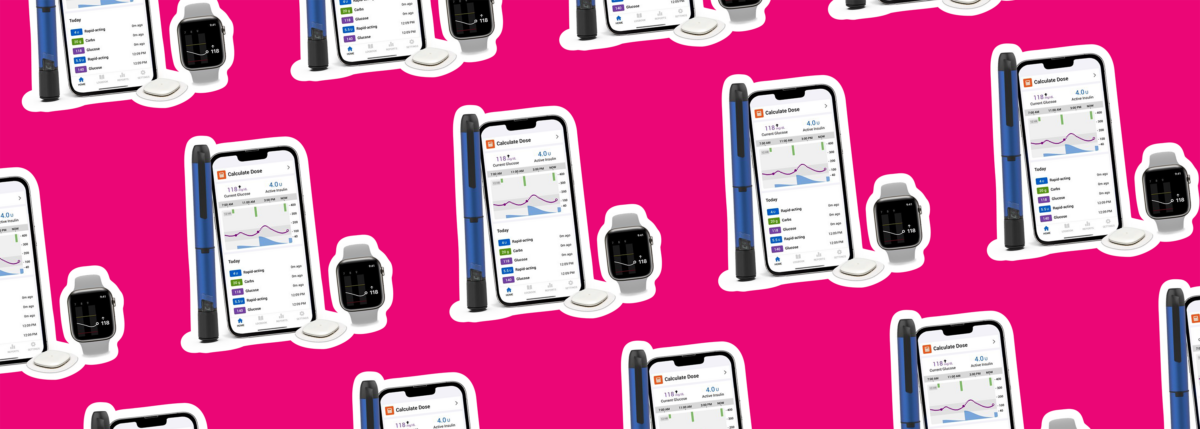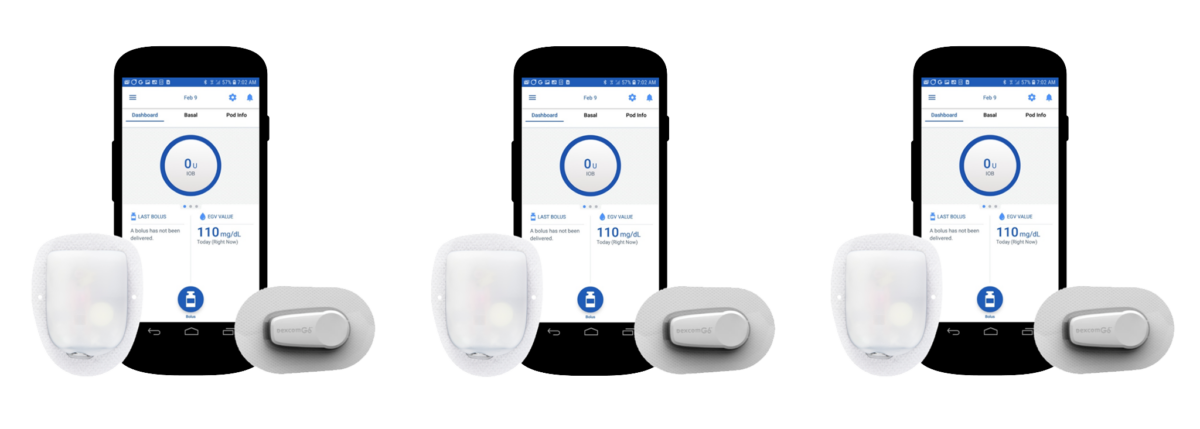New Program Recognizes Leaders In Diabetes Care
Written by: Christine Fallabel
4 minute read
October 10, 2023
On August 9, 2023, the American Diabetes Association (ADA) announced a new partnership with The Leapfrog Group to create the first-of-its-kind recognition program based on the treatment of people with diabetes when they’re in the hospital.
This program specifically recognizes hospitals that show a commitment to diabetes patient safety with the goal of holding hospitals accountable.
It will also serve to better inform patients and their families which hospitals understand their unique needs and health concerns when choosing where to seek care.
Why is this recognition important?
Anyone living with diabetes knows that the diabetes treatment they receive in the hospital can sometimes be bleak at best.
However, they’re also human beings with other needs, too. They sometimes go to the hospital for things like accidents or injuries, routine and emergency surgeries, illness, infection or even for the labor and delivery of babies.
People with diabetes can routinely be in the hospital for events unrelated to their diabetes. However, because diabetes is a 24/7 condition, it still needs to be managed even if its not the reason for the visit—sadly, that doesn’t always happen.
People with diabetes still need their blood sugar levels and insulin dosing managed, but if they’re going under general anesthesia or are otherwise unable to manage everything on their own, giving up that control to hospital staff isn’t easy. Likewise, people with diabetes are at higher risk for infections and complications while in the hospital, so safety should be a number one priority.
The current problems in hospital care
Problems arise because hospital staff may not be familiar with diabetes technology and personal devices, and they may have different protocols for treating high and low blood sugar levels. Not to mention hospital food isn’t always the greatest or the most nutritious.
Additionally, sometimes hospital staff are unaware of the increased risks for infections and complications that people with diabetes face and how quickly and easily problems can spiral out of control.
Studies show that more than 200,000 people die every year from preventable infections, accidents and errors while in the hospital. Hospitalized patients with diabetes, which hovers around 40% of all inpatient admissions, face increased safety risks including amputation, coma or even death if mistakes are made during their daily care.
Indigenous and Black populations are twice as likely and Latino populations are 50% more likely to undergo amputations due to their diabetes than non-Hispanic white Americans.
There are strategies people with diabetes have employed to better prepare for hospital stays, but having a hospital ranking recognition program specifically for the care of people with diabetes is truly a game-changer.
The recognition program
This new recognition program, the Recognized Leader in Caring for People Living with Diabetes, will be supported by the ADA’s Standards of Care in Diabetes and Leapfrog—a healthcare patient safety watchdog.
Hospitals will be evaluated based on their care of patients with diabetes during their admission, stay and discharge.
“This program will be a game-changer for families, which is why it is so important to our constituency of employers and purchasers of health care benefits who recognize the special vulnerability of hospitalized people living with diabetes,” Leah Binder, Leapfrog president and chief executive officer said. “They will help employers alert employees and their families who receive this recognition.”
The aim of the program is to better inform people with diabetes on where to receive the best care, hold hospitals accountable for the care they provide and improve the quality of care people with diabetes receive when they’re in the hospital.
“Studies show that patients with diabetes often face heightened risks of serious health complications when visiting hospitals. That is especially true for patients of color, who face additional barriers to care,” says Robert Gabbay, MD, chief scientific and medical officer for the ADA. “There is an immense need to ensure hospitals provide safe, patient-centered care for all people who live with diabetes.”
Have you received great care in a hospital?
The program is currently inviting hospitals to sign up for more information about the application process and to learn more. Details on the criteria for being recognized and the program’s purpose are available in the press release.
If you’ve received outstanding diabetes care during a recent hospital stay, talk to your healthcare team about getting recognized as leaders with this new program so other people with diabetes can empower themselves and know which hospitals to prioritize when they seek care.
Applications for the program open soon.
Want to stay up to date with all the latest news? Sign up for our BT1 newsletter!
Related Resources

On November 20, 2024, Medtronic received FDA clearance for its latest InPen app. This advancement...
Read more

Eli Lilly and Company is helping patients and caregivers understand important changes to Medicare Part...
Read more

Already compatible with Dexcom’s G6 and G7 continuous glucose monitors (CGMs), the Omnipod 5 Automated...
Read more


